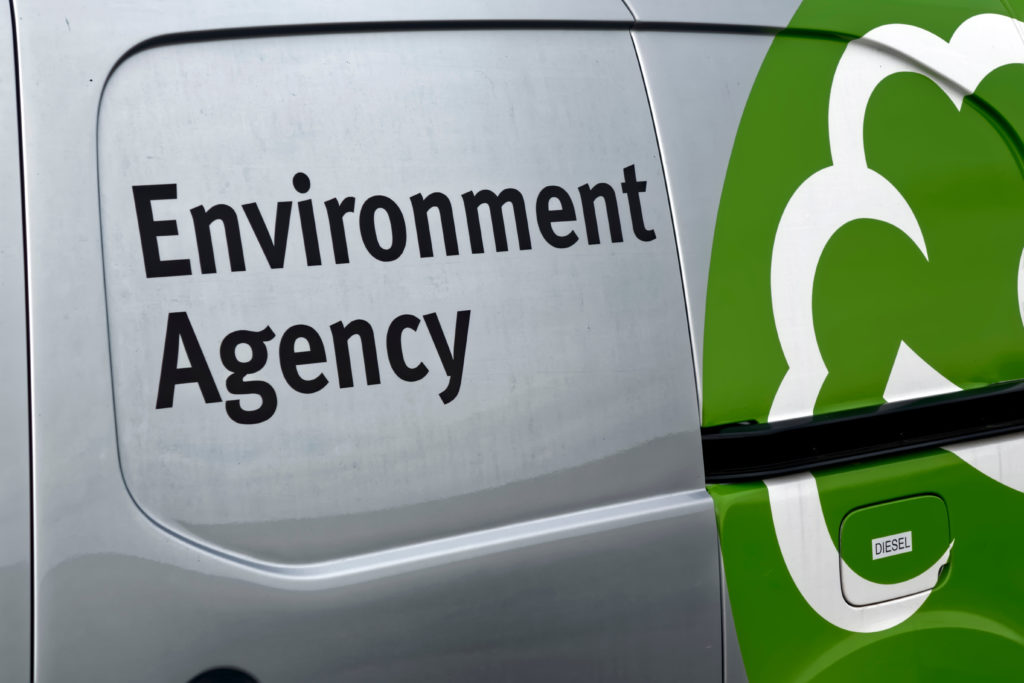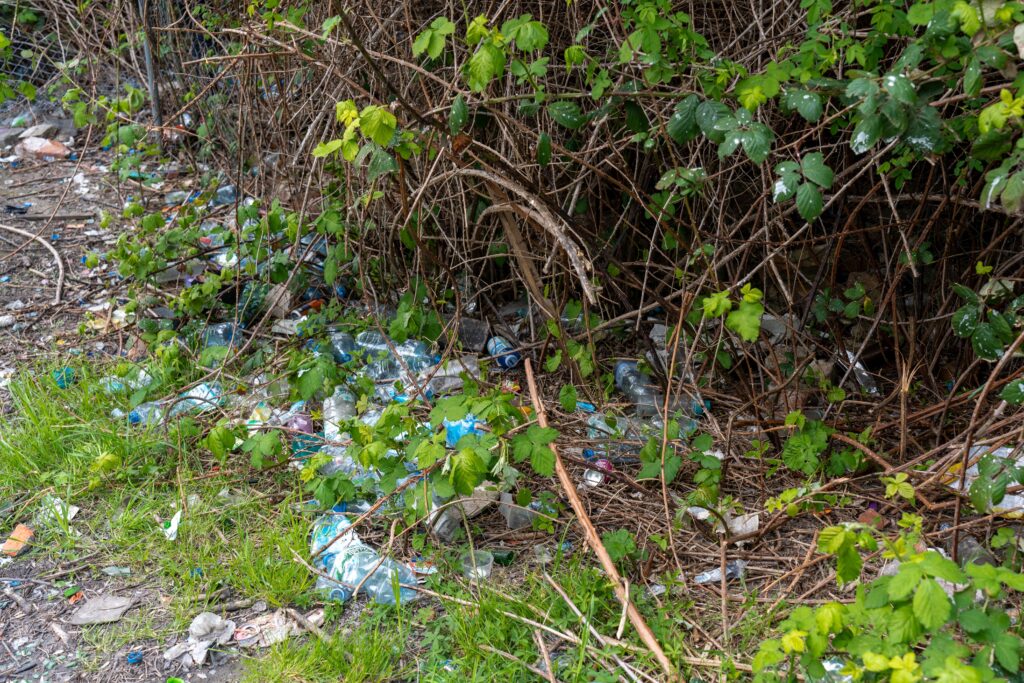OPINION: Starting in around 2010, the export of Refuse Derived Fuel (RDF) from the UK has increased rapidly. This has led to environmental and economic benefits for both the UK and other European countries.
European Energy from Waste (EfW) offtakers have valued UK RDF as helping maintain a healthy competitive market. Meanwhile the UK, which does not have sufficient domestic EfW and recycling capacity to treat all of its refuse, has benefitted by ensuring its waste is treated in accordance with the waste hierarchy; independent research has shown that exporting UK waste for EfW and keeping it out of landfill, even over distances up to 9,000 km, has a net greenhouse gas benefit.
In this way, RDF exports are part of a flexible, robust market providing a safety net to domestic EfW supply that keeps waste out of landfill.
Bumps in the road
However, concerns have been raised about the future of the RDF market. Firstly, the introduction and increase of carbon taxation, both at the EU level and in individual member states, could make the market less competitive. For example, in Germany, the annual carbon tax hike is likely to be an important factor in increasing gate fees in the year ahead.
Secondly, exports of UK RDF have been impacted by short-term reduced demand from key markets. For example, Sweden, the biggest destination for UK waste (950,000 tonnes in the last 12 months), is exhibiting lower demand owing to a ready supply of domestic and stockpiled fuel, plus warm weather conditions reducing district heating demand. Meanwhile, in the Netherlands (another major UK offtaker, 270,000 tonnes in the last 12 months), gate fees have risen due to reduced available capacity, particularly resulting from a fire at a large EfW plant in late 2023.
A resilient market
In truth, despite these factors, the option of exporting UK RDF has remained resilient. The UK continues to export more than 1.7 million tonnes of RDF per annum for treatment in the EU, and we are seeing this quantity increase by around 10% year-on-year. Furthermore, importing UK RDF remains the preferred option for many European offtakers thanks to its quality, particularly when compared to emerging RDF exporting countries.
Therefore, despite earlier suggestions that UK RDF exports should be banned, no credible commentators are now calling for such a measure; RDF imports and exports across Europe are an important part of a healthy, well-regulated, diverse residual waste market and are here to stay.
This resilience is in no small part due to previous increases in domestic landfill tax rates, which has ensured that RDF remained competitive against landfill. This underlines the importance of ensuring that tax and policy across the sector are joined-up, and inadvertent impacts considered.
With this in mind, the industry is not complacent. Further increases in EfW carbon taxes – such as the Emissions Trading Scheme (ETS) – coupled with only inflationary rises to landfill tax will make exporting less attractive and landfill more attractive. Since the UK’s fleet of EfW facilities is largely at capacity, RDF exports offer a “relief valve” to ensure the UK’s waste continues to be treated in accordance with the waste hierarchy. The short-term alternative for UK waste that is currently exported as RDF would be landfill domestically, until changes in waste policy drive up recycling or more EfW capacity arrives onstream. The latter option may not be desirable if recycling rates trend upward, leaving additional EfW capacity short of fuel and in danger of becoming stranded assets. Thus, RDF exports offer not only resilience but also support the UK’s transition to a circular economy.
Government action required
To avoid RDF exports being replaced by landfill in the short term, or excess EfW capacity in the longer term, government intervention is needed.
The RDF Industry Group supports efforts to reduce greenhouse gas emissions and promote positive developments such as district heating. We therefore agree that EfW should fall within the scope of carbon taxation. However, the Group encourages policymakers to avoid unintended consequences that may increase overall carbon emissions. As carbon taxes increase, and EfW is brought within the scope of the UK and EU ETSs, a joined-up approach is necessary to ensure that our waste is dealt sustainably and economically, minimising carbon emissions whilst honouring the waste hierarchy.
Firstly, it is vital that landfill, which is not subject to carbon taxes, is not inadvertently incentivised; increasing the cost of EfW but not landfill will reduce the cost gap between these two treatment methods. Any policies which jeopardise landfill diversion contradict the waste hierarchy and risk leading to an increase in emissions, exactly the opposite of what carbon taxes are aiming to do.
With this in mind, the UK should go further on landfill policy. The basic assumption should be that all waste which can be recycled or sent to EfW must not be landfilled. Importantly, sufficient landfill taxes and/or restrictions should be in place – and enforced – to reduce waste sent to landfill. Landfill taxes should also increase regularly and be linked to carbon taxes. This would ensure landfill and Energy from Waste prices rise together, so that waste continues move up the waste hierarchy. Meanwhile, exemptions for specific waste streams should be removed where possible, whilst biodegradable and combustible waste to landfill should be banned and capture of methane from landfills made mandatory. Furthermore, at the collection end, organic waste collections should be mandated in accordance with the Environment Act. Finally, the government should crack down on criminals avoiding landfill tax by misclassifying waste as inert.
Aside from taking action on landfilling, when EfW is brought within the scope of the UK ETS the scheme should treat all waste types, origins, carbon monitoring approaches and energy recovery activities equitably. government should also ensure a level playing field for EfW under the ETS by employing a Carbon Border Adjustment Mechanism to prevent “carbon tourism”, whereby waste is exported to countries where no carbon taxations are in place.
Achieving effective and lasting emissions reduction requires international collaboration, and the incorporation of EfW into the UK and EU ETSs at a similar time offers the perfect opportunity to achieve a level playing field and encourage cross-border coordination on EfW capacity. The UK government should work with its European counterparts to align the UK and EU ETSs, and EU Member States’ national carbon and incineration taxes should be removed when the scope of the EU ETS is expanded to EfW. This will ensure there is no double or even triple taxation on the industry and will allow a European-wide level playing field.
Finally, alignment should be ensured between the ETS and broader resource efficiency policies like Extended Producer Responsibility and a Deposit Return Scheme. Such policies are essential for ensuring it is not just the taxpayer who bears the cost burden of improved waste management, but also those responsible for designing waste into the system in the first place in accordance with the polluter pays principle.
The RDF Industry Group has produced a report, Priorities for UK Policymakers, which sets out how current and future waste and energy-related policies can be designed to support the RDF industry to maximise its potential towards the three global challenges of emissions reduction, energy security and moving to a circular economy. Taken together, these measures will help to ensure a thriving RDF market and the most optimal environmental outcome for the UK’s waste.
Andy Jones is chair of the RDF Industry Group and managing director of Totus Environmental. He will be speaking on the state of the RDF market at the RDF Conference on 28 November 2024, held at the Congress Centre, London. View the full agenda and buy tickets here.









Subscribe for free